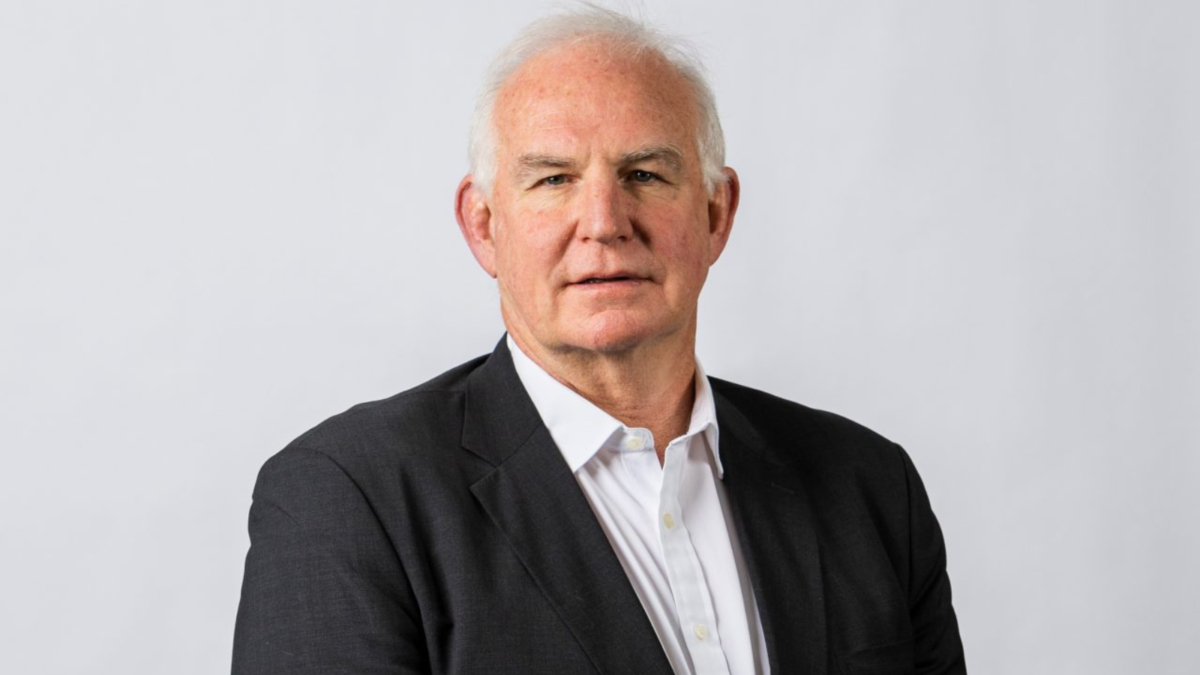-
Sort By
-
Newest
-
Newest
-
Oldest
One of Australia’s largest retail super funds will be hauled before the court over allegations it engaged in greenwashing of products in what will likely be a test case for the practice.
Traditional portfolio construction might be dead. But that doesn’t mean there’s no way to beat inflation, even as investors anticipate it will continue to rise and fall over the next decade.
Super fund trustees are throwing their full weight behind nation building projects where they feel their funds can get a competitive return, while the Coalition’s competing super for housing policy has been labelled “elitist”.
Superannuation funds are rapidly offshoring their assets as FUM grows faster than GDP, according to new data from NAB and ASFA. Coming early to the barbell strategy party has also paid off.
While APRA “doesn’t feel the need to start each year with a shiny new set of initiatives”, it’s still planning on scrutinising super funds’ valuation practices and giving more “sub-scale” funds the nudge to merge in 2023.
The Australian Institute of Superannuation Trustees (AIST) is exploring a merger with Industry Super Australia as external pressure grows on industry associations and the funds they service.
A partnership with the Australian Institute of Superannuation Trustees (AIST) gives HSBC an opportunity to shop its services to the country’s biggest investors.
It’s the government’s hope to get a “simple” objective for superannuation across the line. The problem might be getting everybody else to stop talking about comfort and adequacy in retirement.
While the debate around the use of super for nation-building projects like affordable housing rages, HOPE Housing is working on a new way for funds to get involved.
Macquarie Asset Management, PGGM Infrastructure Fund and Australian Retirement Trust (ART) have tipped US$600 million into Macquarie AirFinance’s US$2.2 billion acquisition of an aircraft portfolio from ALAFC0.
A small handful of new benchmarks would make alternative strategies viable under the YFYS performance test and once again allow funds to take advantage of their diversifying characteristics.
Pension funds are increasingly turning to active management to generate returns in a hostile environment. But as they seek to become true global investors, super funds face a different set of tradeoffs.
















